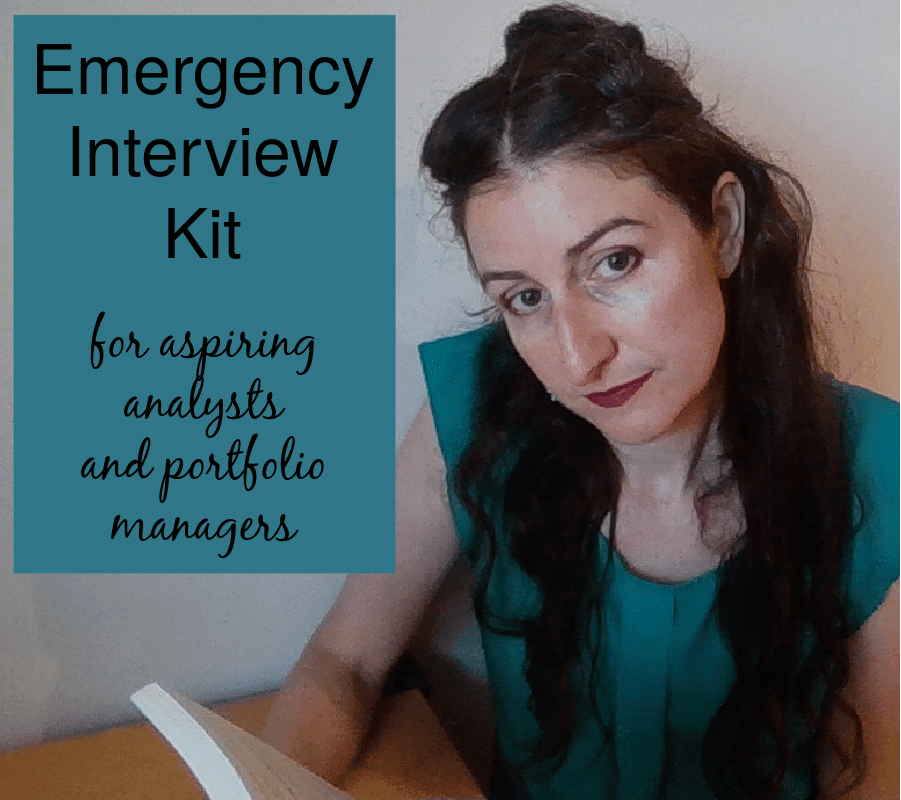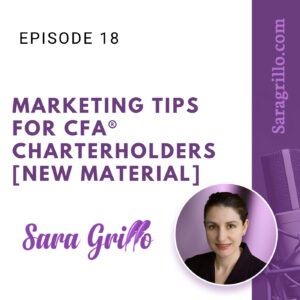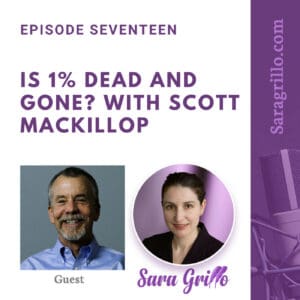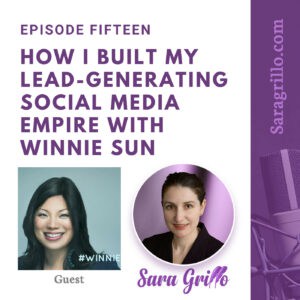Look, I’m going to tell you the cold, hard truth about Equity Research Analyst jobs.
An entry level role in Equity Research (which many of you are aspiring to) revolves around what is called maintenance modeling. The analyst goes to a conference call during earnings season, comes back to you with new information, and you have to update the Excel models about the company. You then have to publish a report talking about why your analyst hit or missed the earnings target, and what the new information means for next quarter.
That’s the job, basically.
I think a lot of you reading this would be much better off if you were to explore other careers in the field of finance. It seems like everyone wants an Equity Research Analyst job. The truth is that most of the time, people are not qualified and have a very small chance of actually getting these jobs.
Or, they aren’t really cut out for the role psychologically. Meaning, they can’t handle the stress, the jerky bosses, the long hours, or they don’t have the technical skills required. Taking the CFA exam, by the way, won’t teach you what you need to know for this role – trust me, I am a CFA® charterholder and I worked at Lehman in equity research.
I know, I know.
Equity research jobs are cool.
?You make a lot of money, and there’s a thrill to being able to rattle off intelligent rational justification for making investment decisions. And it has a certain cache to it – it’s a reputable job.
But like I said, it’s not a terribly easy role to get, the path to becoming an analyst is a long, hard road, and these days the opportunities in the field are dwindling.
For analytical people, there are other options. Let’s say you are stuck in a budgeting role or something. Your best bet is to make a list of the skills you have mastered, and then repurpose them.
You don’t have to reinvent yourself to fit into some new, random role that you aren’t suited for. For someone in their mid career, this is hard to do and succeed. In fact, this puts you at a competitive disadvantage relative to other candidates who are:
- Freshly minted out of college or MBA (and hence viewed as more trainable, coachable, cheaper on the pay scale, and able to be worked to death).
- Experienced candidates who have worked in similar roles and have the exact skill set
In other words, don’t sell yourself short. You may not be in the dream job, but that mean you have to set your sights on what seems enticing but may be nothing more than a pipe dream, costing you time and money to attempt to get.
Make a list of your best skills, and then browse around in wealth management job websites, talk to your LinkedIn contacts, or even contact hiring managers directly in those roles and figure out how to repurpose those skills into a better job than the one you have now.
For most of you the reality is that building on what you have instead of reaching for a lofty goal may be an easier and more constructive way to achieve more success.
Getting help in your Equity Research Analyst job search
If you want my help on a one-on-one basis, let’s set up some time for a consultation!
If you haven’t read the Interview Kit yet, check it out below. I’m also available for consulting on a hourly basis if you need additional support.
You could also sign up for my equity research newsletter.

It’s not a long e-book, but there’s alot you can learn and it’s based on my real experiences back when I worked in equity analysis at Lehman etc..
This kit will teach you:
- What to do before the interview – what information to gather, what research you should be doing, and what speaking points to prepare
- How to rebut back when you get stuck in an interview
- Why the people matter and how to increase your chances of success with the decision makers
- How to display maximum value as a candidate by how you respond to their questions
- What your social media should look like while you are interviewing
- How to ask the right questions during an interview
- What to do if the interview doesn’t go the way you want it to
- How to open an interview correctly
- Interview closing techniques – how to get control and operate from a position of strength throughout the interview and especially at the end when it counts
- What to do after the interview to increase your chances of success
Thanks for reading!
-Sara





